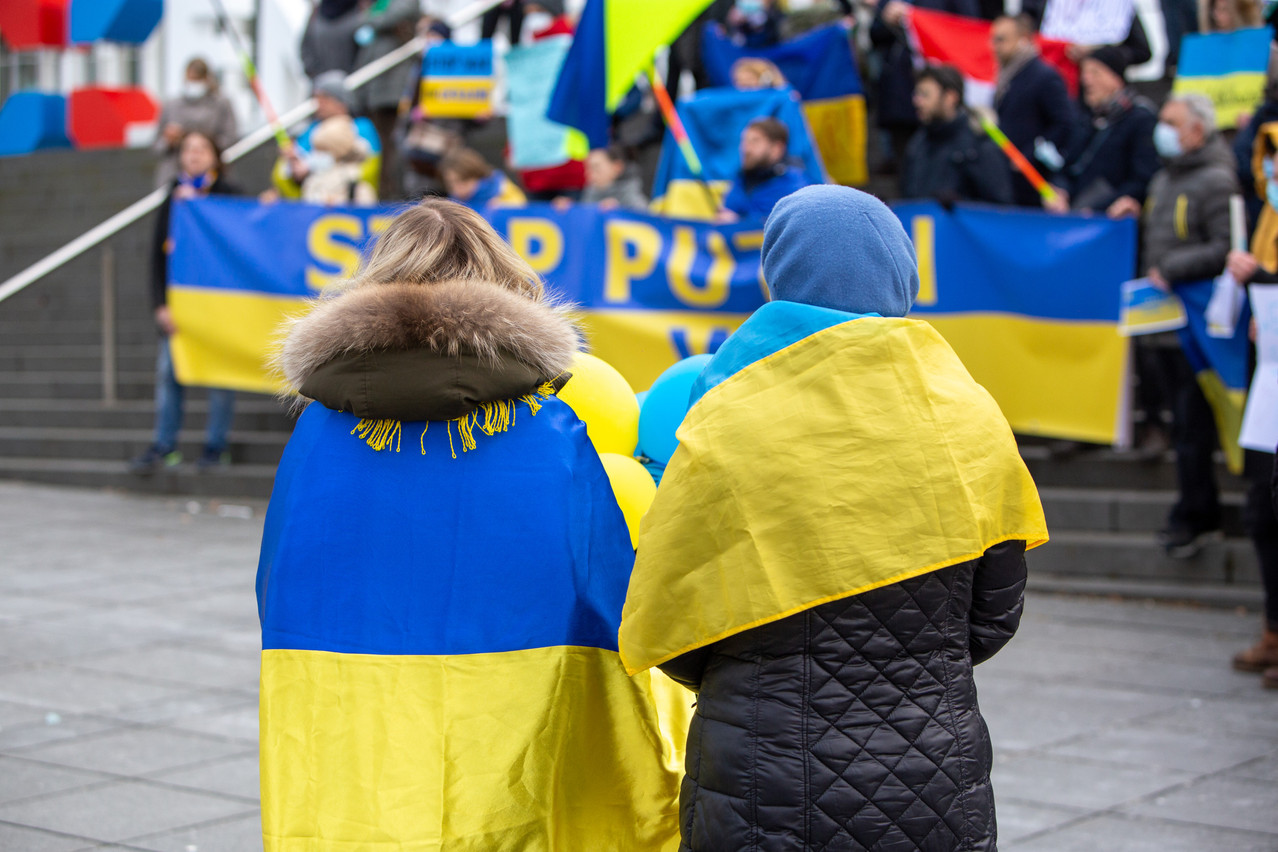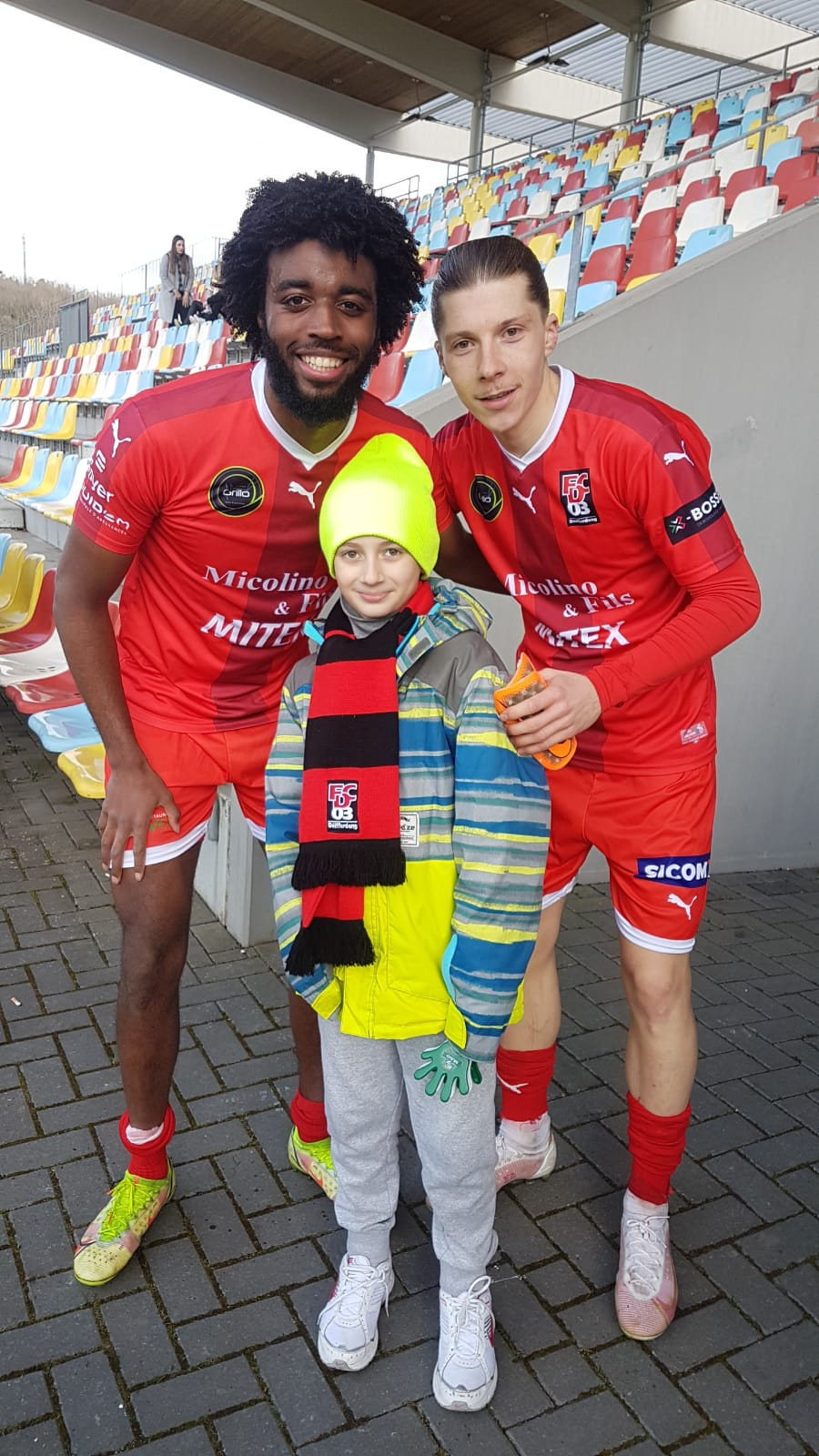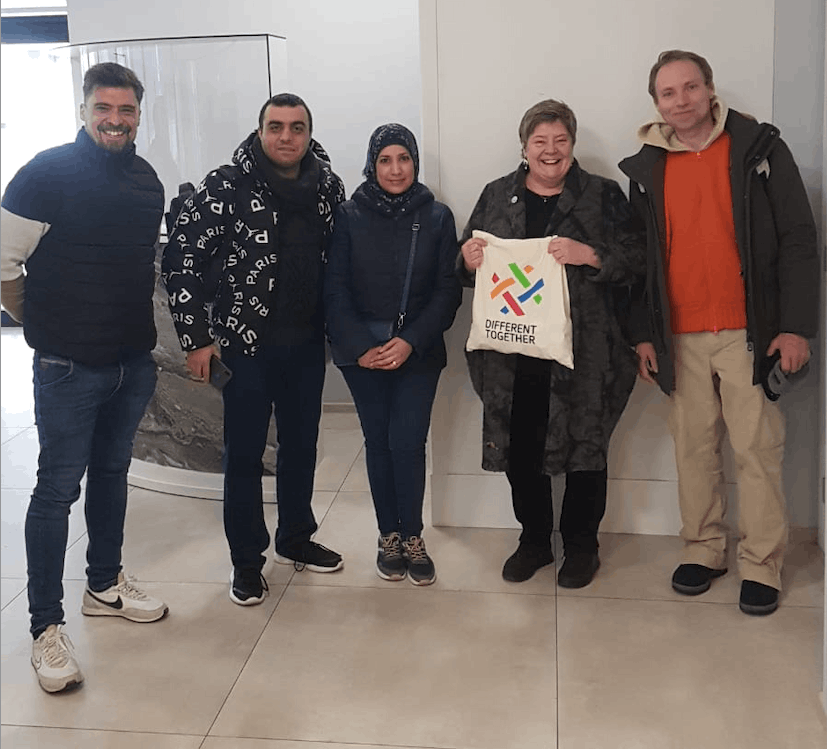Luxembourg communes represent the closest government structure accessible to residents. Since the start of the Ukraine crisis, communes across the grand duchy have been proactive in the resettlement of Ukrainians via several initiatives that aid their smooth integration into local communities.
Marianna Pogosova, refugee coordinator at the umbrella association for the Ukrainian community in Luxembourg, explains that communes have been reactive to their demands and more collaboration with communes is now envisaged. Based on the association’s experience, she notes that working with the municipal administrations of Strassen, Kopstal, Hesperange and Differdange has proved to be particularly successful as shown by several initiatives that have helped manage existing needs.
“We haven’t visited a lot of communes. But when we visit communes and speak with mayors, they really want to offer support and be involved,” explains Pogosova, who also commended private initiatives led by residents to make Ukrainians feel at home in Luxembourg, particularly over the Easter holiday.
At the level of communes, several of these initiatives concern different types of accommodation arrangements, cultural programmes and events, coordination services, dismantling language barriers, and financial support.
I think that the community in Luxembourg is working hard to help give Ukrainian people some kind of normal life.
Four communes stand out
Strassen’s initial reaction was to open a Ukrainian house for refugees. It also employed a Ukrainian to work in the house and help develop cultural programmes for kids and adults while maintaining an open chain of communication, explains Pogosova. “This way, [the commune] can receive information very fast, [and] solve problems immediately.”
To cater for accommodation needs, the commune of Kopstal provided hotels for refugees while prioritising large families that may have difficulties living in refugee centres or finding appropriate accommodation due to the family’s size. The commune also provides food supplies and gave access to its cultural centre (Kulturhaus) to organise French classes for Ukrainians, adds Pogosova.
The Hesperange commune engaged by finding hosts to accommodate around 30 Ukrainian families, recalls Pogosova. It will organise a on 25 May that will also serve as a fundraiser for Ukrainians and a platform for exchanges.
As of 27 April, 225 Ukrainian refugees had settled in temporary hotel accommodation facilities at Karro Tower and De Klenge Casino in Differdange. The commune also donated €7,000 to Caritas, €7,000 to the Red Cross and €10,550 to LUkraine through its humanitarian aid programme, “Déifferdeng, eng Stad hëlleft”. Some 50 children have gone through the education service procedure (Secam) and are enrolled at different Differdange childcare centres.
“Traditionally, the city of Differdange is committed to supporting people in difficulty, whether by welcoming refugees or reserving a part of our budget for humanitarian aid projects throughout the world. It is therefore quite natural that we were among the first municipalities to offer concrete help to refugees from Ukraine,” says mayor of Differdange, Christiane Brassel-Rausch.
Vladimir Kozyrev, a Ukrainian living in a Differdange-provided residence expressed his gratitude in an open letter to Luxembourg’s “volunteers and ordinary local citizens, Red Cross and Caritas organisations, the government of Luxembourg, ONA and various ministries, as well as the commune of Differdange.”
A commune event had led to his meeting with the 9-year-old son of a professional Ukrainian footballer now training with the junior team of the Differdange football club (FC Déifferdeng 03), thanks to the hospitality of the club’s executives and recommendations by local residents.
“The humanitarian actions of local Luxembourgish communities are and will be forever in our hearts…We are grateful to Luxembourg as a country and Differdange as the town that took us in,” says Kozyrev.
Support needed for host families
While the actions of hundreds of host families across the grand duchy are driven by goodwill, Pogosova underlines that financial and other kinds of support to host families is required. The association is now working on a project calling on the participation of all communes to help ensure host families are not left alone, for example, by providing financial support to cover a percentage of the bills or by providing or distributing food supplies to registered host families.
“Hosts share their houses, but they also share [other things like] their food and we want to help them. The project to help host families [is not reserved for] only three or five [communes]. We are going to visit [all communes], discuss and propose the project to them,” explains Pogosova.
On the administrative side, she notes that most refugees in the shelters tend to get their permit a bit faster than those living in host families, a reality that also necessitates taking action to help host families. And although most communes are willing to help, Pogosova explains that more clarification from the government on what communes are allowed to do could help speed up their reaction.
Common requests made to the association’s hotline concern clarification on administrative processes when people fall ill or need to visit the hospital, or when they need information about immigration procedures if they experience delays getting their permit.





